Our March Unseen STL History Talks took us out to the ballpark—and back in time—with a lively evening that celebrated baseball’s deep roots in St. Louis, both in literature and in Black history. We kicked off the night with James Crossley, co-owner of Leviathan Bookstore, who shared his journey through baseball’s literary and cultural legacy. Then, historian Adam Kloppe from the Missouri Historical Society delivered a powerful presentation on the rise and resilience of Black baseball in St. Louis, highlighting the city’s underappreciated role in the Negro Leagues and beyond.
James opened with an exploration of how baseball has shaped his life—from early White Sox fandom to his eventual arrival in St. Louis. His talk blended historical trivia (did you know Northanger Abbey contains the earliest literary reference to baseball?) with personal anecdotes, literary insights, and reflections, minor league oddities, and the soulful stories tucked into books like Jim Bouton’s Ball Four. Through it all, Crossley returned to the idea that baseball is not just a game, but a cultural touchstone—one that led him to his partner, a bookstore, and a community where baseball still means something. And yes, he insists: St. Louis may be the last true baseball city in America.
Adam followed with a fascinating history of professional Black baseball in St. Louis, covering a full century from the 1860s to the 1960s. He began with the St. Louis Black Stockings, a semi-pro team led by visionary owner Henry Bridgewater, who used early sports PR tactics to build excitement and push for an intercity Black baseball league decades before the Negro National League officially formed. Kloppe also gave overdue recognition to the Black Bronchos, a short-lived but groundbreaking Black women’s team from 1910, and highlighted how the fight for equality continued into the 1960s with players challenging segregation during Cardinals spring training in Florida.
Together, Crossley and Kloppe reminded us that the story of baseball is inseparable from the stories of the people who played, loved, and preserved it. Whether through novels, neighborhood diamonds, or the stats that finally get their due, the legacy of baseball in St. Louis is richer—and more resilient—than many realize.
You can download James’s and Adam’s presentations below:
Upcoming Unseen STL History talks
On April 17th, we will learn about Mayor Raymond Tucker from author Andy Theising and Tucker’s grandson Tim Tucker. May will be a talk by Jackie Dana on coal and clay mining in St. Louis and southern Illinois. June will bring us an eclectic conversation with Chris Naffziger and Max Cassilly, son of City Museum founder Bob Cassilly, and in July we will learn about some of St. Louis’s oldest houses from Nathan Jackson.
How to find more Unseen St. Louis history
Be sure to subscribe to Unseen St. Louis for the latest articles about local history and information about the monthly talks.
For even more history, be sure to follow the Unseen St. Louis page on Facebook. We also have a group on Facebook called STL History & Preservation.
Support Unseen St. Louis
I love sharing Unseen St. Louis history and am committed to keeping this Substack free and accessible to everyone. However, it does take a considerable amount of time every month. If you’d like to help sustain this labor of love and its ongoing success, consider upgrading to a paid subscription.
Whether you engage with Unseen St. Louis on Substack, attend the talks, follow along on Facebook, or join the meetups, your support means everything to me. It’s an honor to share tales of St. Louis's history and hear how much they mean to the community. Thank you for being a part of this journey.
If you like what I’m doing, be sure to share these posts with your friends!




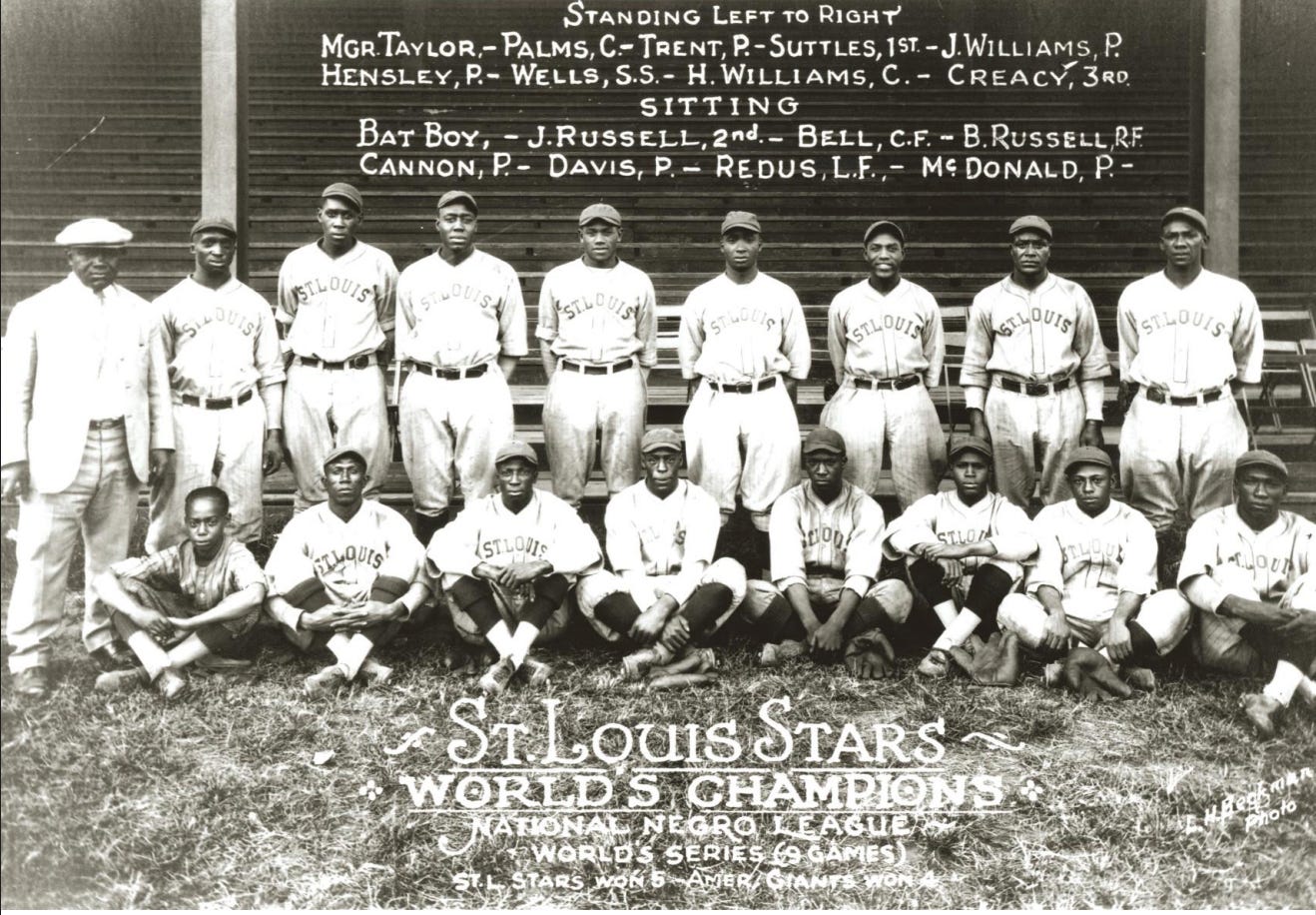



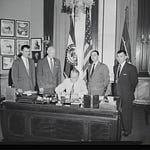

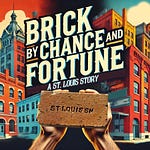
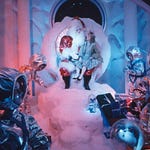
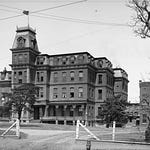
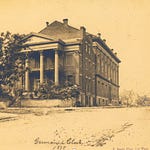
Share this post